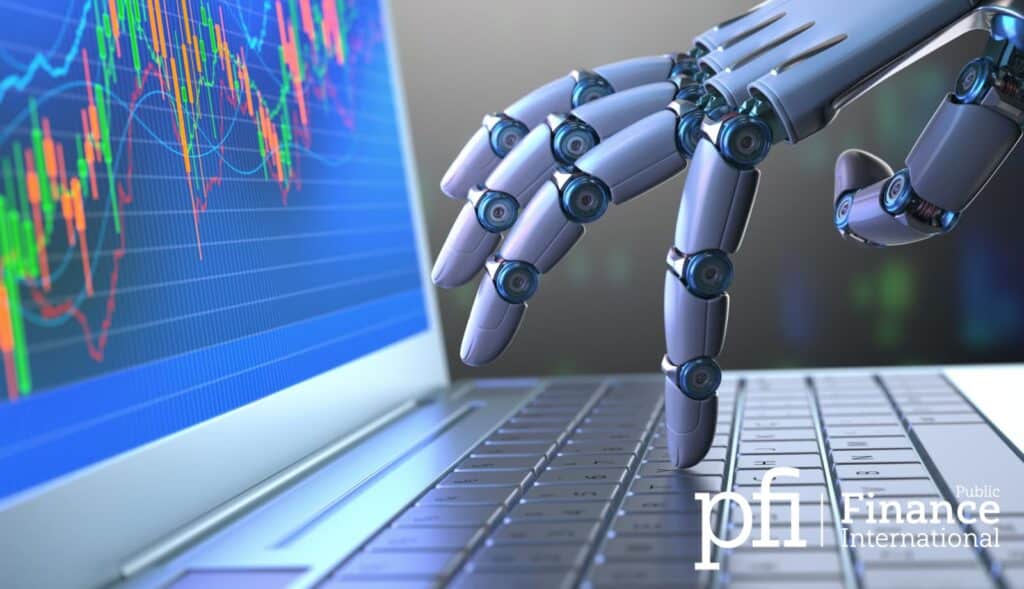Automated trading systems (ATS), automated trading, algorithmic trading, system trading, or mechanical trading systems, are used by traders to create particular rules for trade exits and entries that a computer can automatically read and execute. As a matter of fact, according to several platforms, ATS accounts for 70-80 percent of shares that are traded on the US stock exchanges. These systems rely on factors like the option’s current market price to decide whether to submit the order or not.

Automated trading systems have been in the world of trading since the last century; Richard Donchian initially established this concept back in 1949, after employing a series of criteria to purchase and sell assets. And these smart systems have been developing very quickly since then.
Pros of Automated Trading System
A very appealing aspect of this method is that it may remove some emotion from trading by only placing trades when certain conditions are satisfied.
Plus, ATSs can do repetitive tasks at speeds hundreds of times faster than humans. With this method, the order entry speed is much higher because a computer can process them once the pre-set rules are satisfied. Traditional safeguards based on the human element are ineffective for automated trading, resulting in problems like the 2010 Flash Crash.
In addition, ATS aids investors in remaining disciplined during periods of extreme market volatility. They can also assess their rules with the help of historical data before deploying underlying algorithms or automated trading. Finally, ATS enables you to reduce potential errors in trading.
Above all that, ATS helps traders trade multiple strategies or accounts simultaneously, which may well disperse risk across multiple instruments and prevent significant losses. The computer can search a variety of marketplaces for trading opportunities and track trades.
Cons
Just like anything else, ATS are not perfect and are not without flaws. While ATS can effectively operate in the real world, a simple breakdown in internet connection could result in unpleasant results (for example, the orders may be stored on a computer rather than a server).
While it would be ideal to relax and leave the heavy lifting to the computer, ATS do necessitate constant supervision. And even though the computer is handling the orders, it is essential that it is watched since it is vulnerable to technical failures.
Even though backtesting isn't limited to ATS, traders can design systems that appear fantastic in theory but perform poorly in the real world, which is called over-optimization. In the real world, algorithms could do poorly in the actual market even though they do the opposite in backtesting. Backtesting success can create unduly high expectations among traders, resulting in imperfect results. It is feasible to fine-tune a strategy to produce remarkable outcomes when evaluated on historical data. Traders frequently make the mistake of assuming that plans must have nearly 100 percent successful trades in order to be sustainable. As a result, parameters can be tweaked to generate a dreamy plan that fails spectacularly when implemented to the real world.
Word of Caution
The world of automated trading systems is full of scams that cause you to wind up losing money. During your search of looking for the ideal system, keep in mind that an overly promising system is usually a scam. There are many con artists out there. You will find ATS that promise a lot of money for a small investment.
In order to tell if a system is genuine or not, thoroughly examine what you'll be paying for before paying for anything or making a deposit. And always find answers to all of your questions about the system. Also, make sure you've done your homework about the system and carefully read its terms and conditions. Finally, check if the system has a trial period, since many scam sites will not provide you with a free trial.



